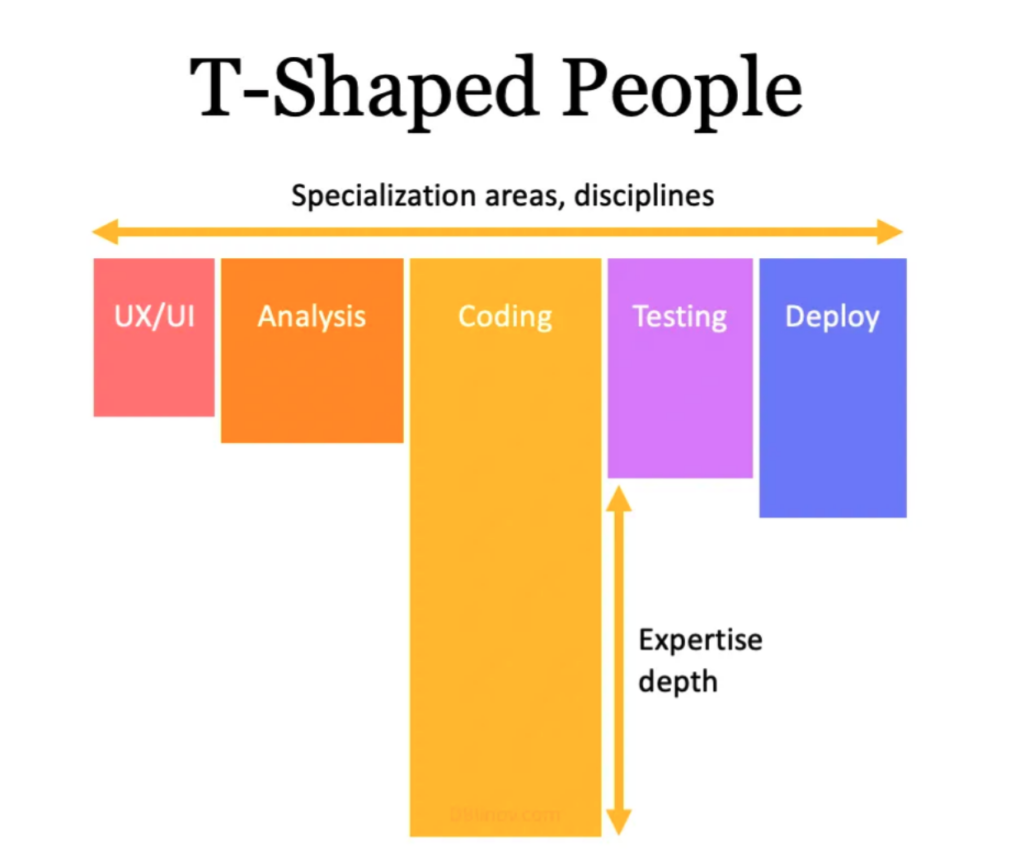One thing that can be learned from working in a fast-paced environment is that it feels good to get things done. . There’s nothing more satisfying than moving a task to closure and knowing you’ve delivered it on time. But let’s be real, there are moments when things get stuck. We run into unexpected roadblocks; issues that aren’t in our area of expertise or problems that require input from others. Suddenly, we’re left waiting and our momentum is gone. 💨
We’ve all been there. We hit a roadblock, and our first instinct is to think, “This isn’t my responsibility. Someone else needs to handle this.” So, we call for help from other team members and wait for them before we can proceed.
There is beauty in having a team you can lean on in times of uncertainty. But team, there’s power in stepping up and taking initiative. So what if we ditch that mindset of relying on rescue? Instead of waiting for someone to save our tasks, what if we became the person who figures it out? After all, we are accountable for the outcome of the task. Imagine the pride in knowing that we kept things moving because we took ownership, even when part of it wasn’t technically “our thing.”
This is what it means to be a T-shaped professional: being great at what you do but also having enough understanding of other areas surrounding your work to move things forward.
To be a T-Shaped member of the team doesn’t mean being the notorious ‘Brent’. It’s about being curious enough to know a little more about what other teams do so that when something unexpected comes up, we don’t stay stuck. Maybe we won’t always know the exact fix, but we’ll know enough to try something. Enough to ask the right questions. Enough to get things back on track.
Everyone has their specialties. Some are experts in coding, others know the ins and outs of client support, and some are design wizards. But when people work only within the confines of their job descriptions, they can only move as fast as their narrow expertise allows. The more one understands what teammates do, the more unstoppable they become. They’ll be able to handle surprises, solve problems faster (even ones outside their usual roles), and feel a sense of accomplishment when they pull it off.
Being well-rounded doesn’t mean we stop being great at what we already do. It just means that we add more tools in our kit to handle the unexpected. It’s like having extra batteries when our flashlight dies—we don’t need them all the time, but when we do, we’re glad they’re there.
T-Skills.
Mastery with versatility.

It feels good to be self-reliant. It feels good to take ownership of a task and see it through to the end without having to give the control to other people. And the more we push ourselves to learn just a little beyond our comfort zones, the more confident we’ll be when challenges come up.
Challenge yourself to be just a little more curious about others’ work. Ask questions. Learn the basics of tasks outside your usual responsibilities. Take on extra duties. So when you hit a roadblock (and trust me, you will), you’ll be ready. But you won’t need to wait for someone to come save the day. You’ll be the one who gets it done.
That’s the kind of team mentality that leads to success: not waiting, but pushing forward. Being resourceful, resilient, and ready for anything.

